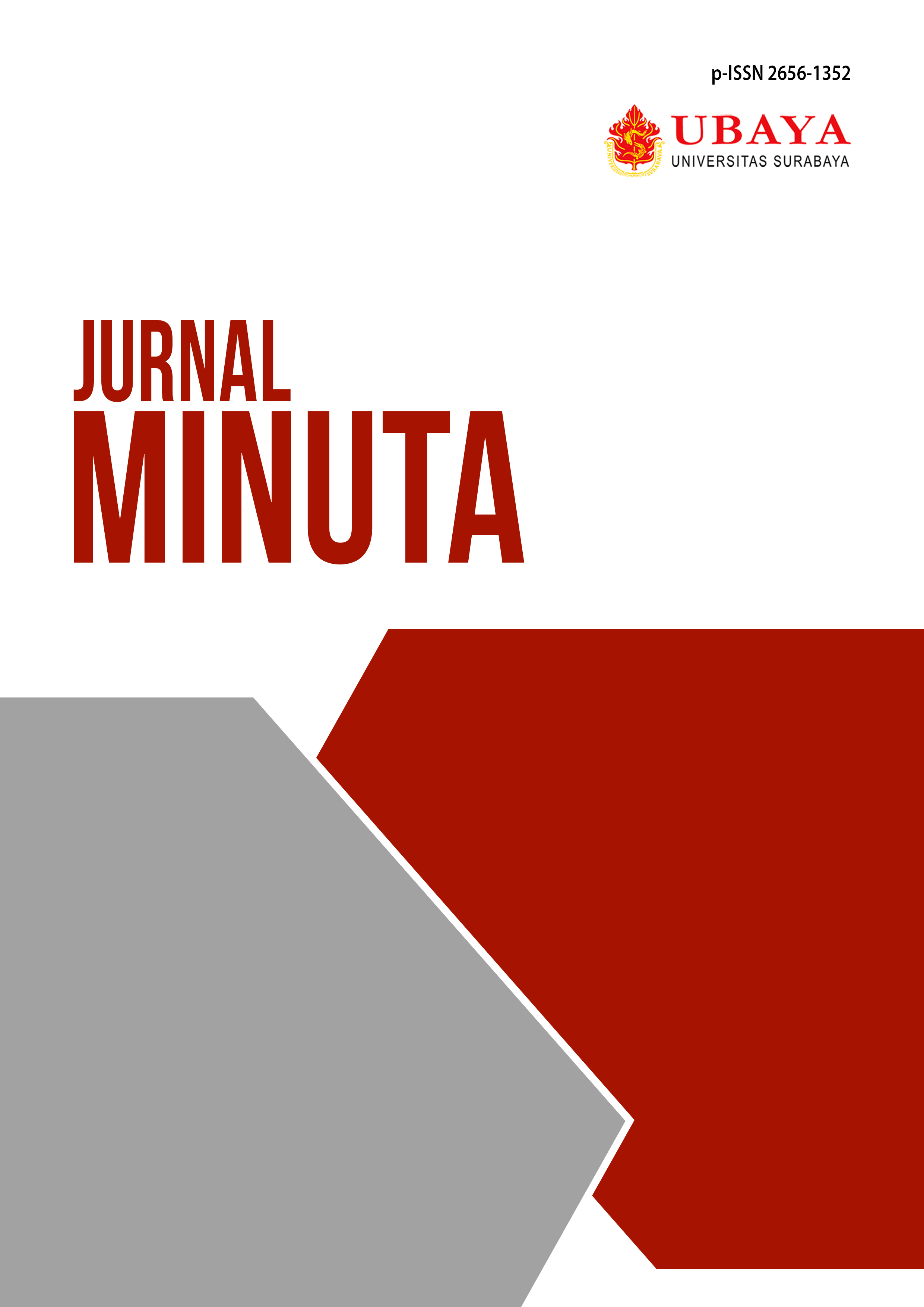Konflik Norma Hukum pada Pelayanan Hak Tanggungan Elektronik
 Abstract Views:
183 times
Abstract Views:
183 times
 PDF Downloads:
65 times
PDF Downloads:
65 times
Abstract
Mortgage Rights Services have undergone significant changes in their registration process. This has led to a conflict of legal norms in the implementation of Electronic Mortgage Rights Services (HT-El) in Indonesia, especially regarding the dualism in the registration process involving Land Deed Officials (PPAT) and creditors. This study uses a normative-empirical legal approach by combining analysis of laws and regulations. The transition from conventional procedures as stipulated in Law No. 4 of 1996 concerning Mortgage Rights to a fully digital system through Permen ATR/BPN No. 9 of 2019 and No. 5 of 2020 has resulted in inconsistencies in norms and legal uncertainty. Although HT-El is expected to increase efficiency, transparency, and accessibility, this system raises issues related to dualism of roles, data security, and the legal force of electronic documents. This study identifies the main conflicts in the roles of PPAT and creditors, the validity of electronic signatures, and the legal standing of certificates issued digitally. System changes also pose risks in the priority of mortgage rights and the implementation of collateral execution due to the lack of synchronization between old laws and new regulations. Although HT-El is an innovative step in public service, regulatory harmonization is needed to provide legal certainty and protection for the parties involved. Recommendations in this study include legal reform, strengthening coordination between institutions, and establishing clear procedural standards to minimize risks in the electronic mortgage registration process.
Downloads

This work is licensed under a Creative Commons Attribution-ShareAlike 4.0 International License.
All articles published in MINUTA are licensed under a Creative Commons Attribution-ShareAlike 4.0 International (CC BY-SA) license. This means anyone is free to copy, transform, or redistribute articles for any lawful purpose in any medium, provided they give appropriate attribution to the original author(s) and MINUTA, link to the license, indicate if changes were made, and redistribute any derivative work under the same license.
Copyright on articles is retained by the respective author(s), without restrictions. A non-exclusive license is granted to MINUTA to publish the article and identify itself as its original publisher, along with the commercial right to include the article in a hardcopy issue for sale to libraries and individuals.
Although the conditions of the CC BY-SA license don't apply to authors (as the copyright holder of your article, you have no restrictions on your rights), by submitting to MINUTA, authors recognize the rights of readers, and must grant any third party the right to use their article to the extent provided by the license.

 DOI:
DOI:







